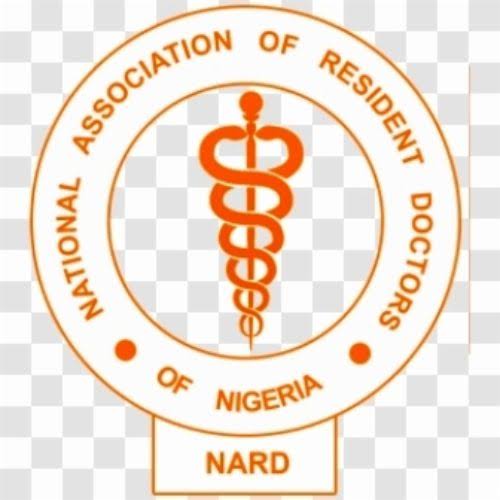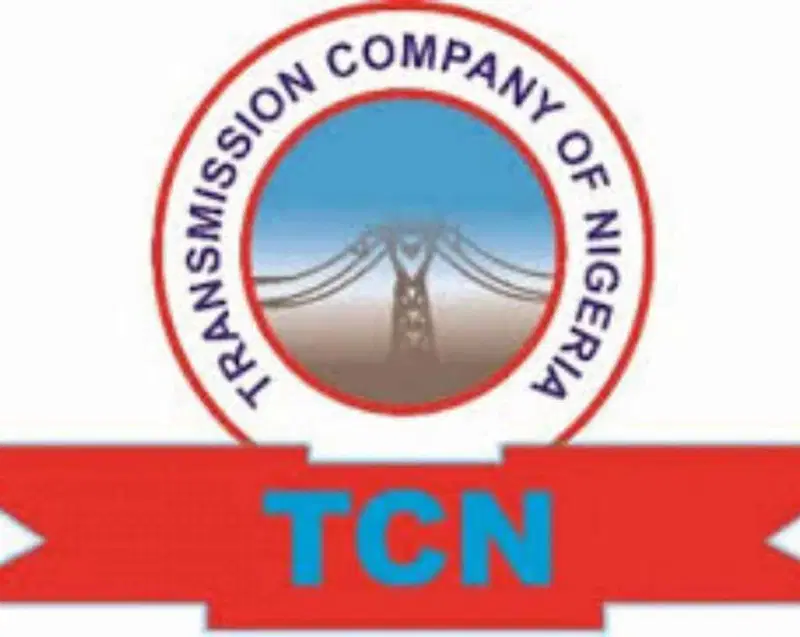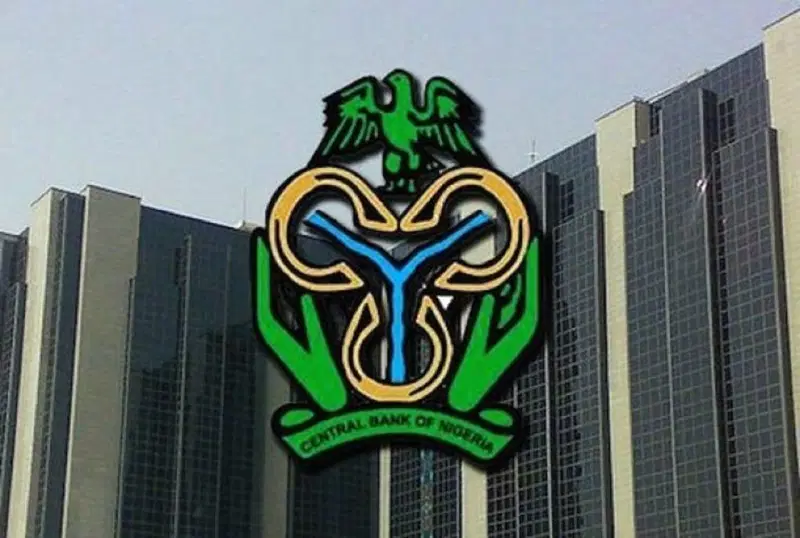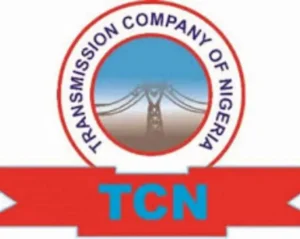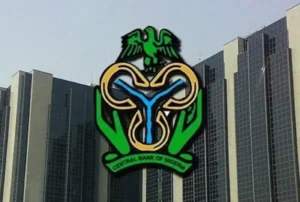As Nigeria celebrates its 64th independence, the Nigerian Association of Resident Doctors (NARD) has expressed concerns about the country’s struggling healthcare system. Despite government efforts, resident doctors face harsh working conditions, inadequate training, and poor remuneration ¹.
Challenges Faced by Resident Doctors
- Long working hours without adequate compensation or incentives
- Lack of essential provisions, such as meals for doctors on 24-hour call duty
- Inadequate training resources and facilities
- Shortage of healthcare personnel, worsened by mass migration of skilled professionals abroad
- Dire conditions of some hospitals, including lack of functioning medical equipment
Dr. Tope Osundara, NARD president, emphasized the need for improved working conditions, adequate compensation, and comprehensive policies to ensure healthcare worker security. He stressed that the government should prioritize retaining skilled doctors and enhancing workforce capabilities [1).
Policy Recommendations
- Establish specific working hours for resident doctors
- Provide adequate compensation and regular reviews of working conditions
- Implement policies to ensure healthcare worker security
- Allocate resources for modern medical methodologies and innovative practices
- Offer in-service training opportunities and international exposure to best practices
The brain drain of healthcare professionals is a significant concern, with Nigerian doctors being among the least paid globally. Osundara urged the government to address the factors driving health workers abroad and prioritize quality training during residency ¹.
Quality Training During Residency
- Robust structure for training, research, and service delivery
- Conducive environment with effective mentorship and incentives
- Government support and certification process to validate skills and competencies
As Nigeria celebrates its independence, it’s crucial to address these healthcare concerns to provide quality care to its citizens.

